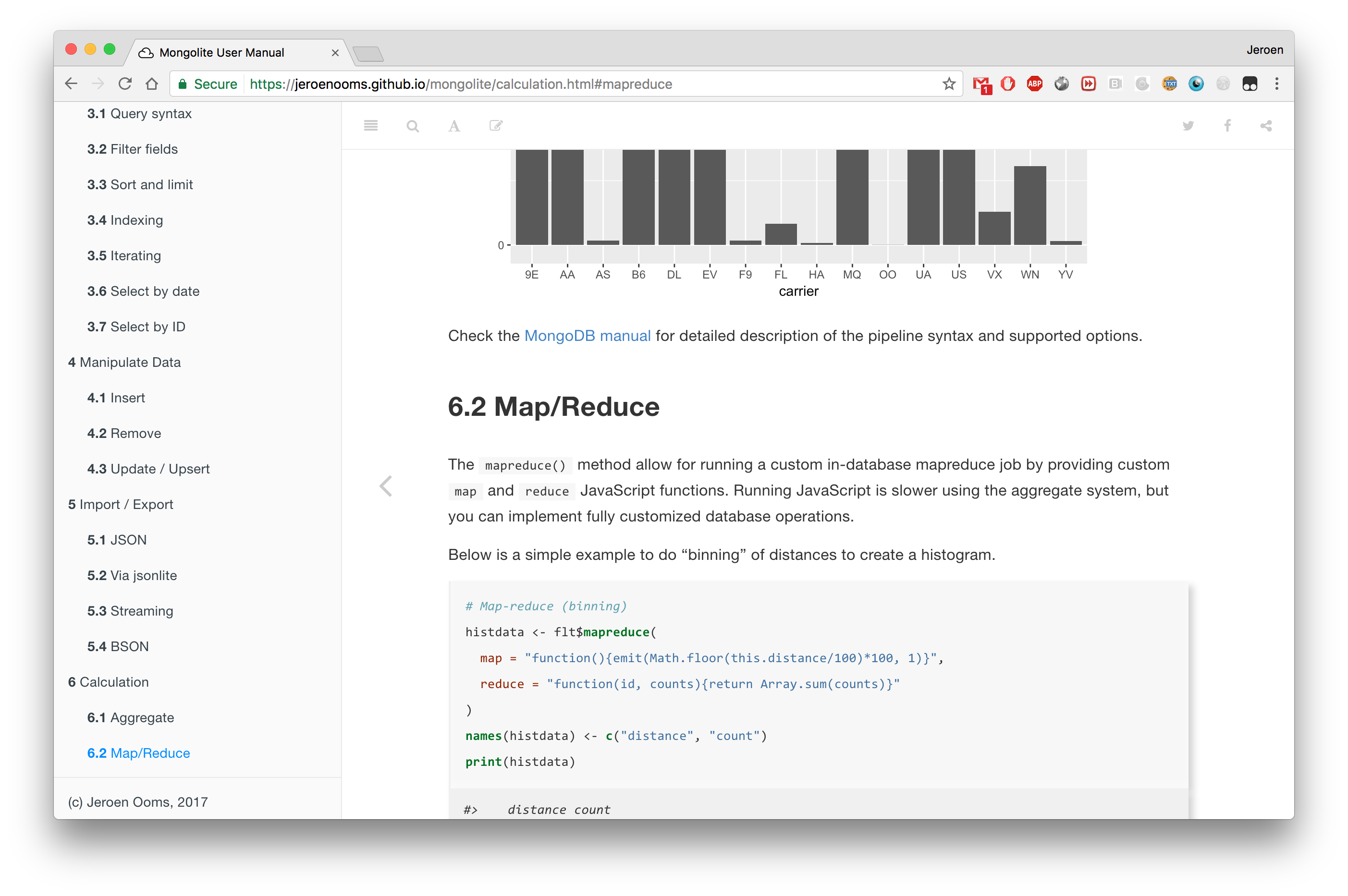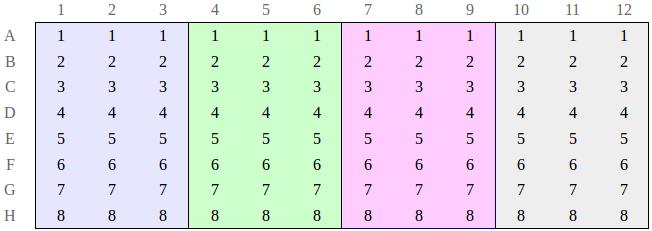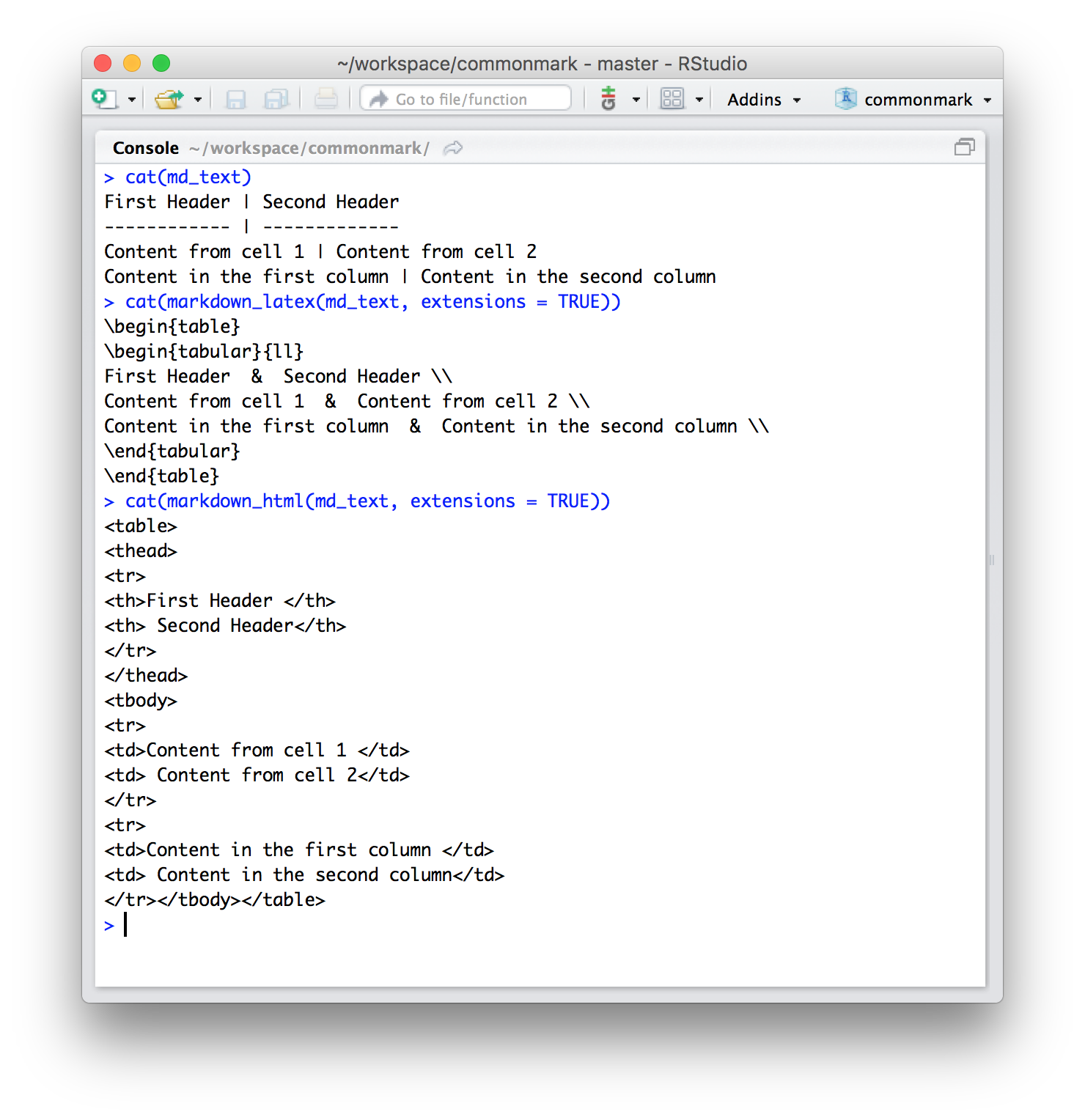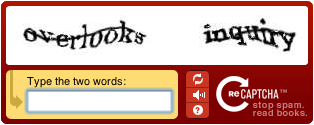
After 2.5 years of development, version 1.0 of the mongolite package has been released to CRAN. The package is now stable, well documented, and will soon be submitted for peer review to be onboarded in the rOpenSci suite. MongoDB in R and mongolite I started working on mongolite in September 2014, and it was first announced at the rOpenSci unconf 2015.


